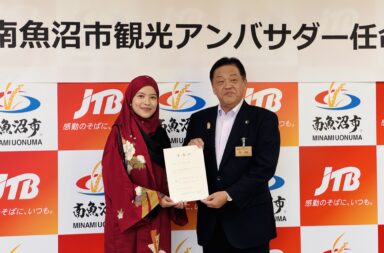This post is also available in: Indonesia
Written by: Wasistha Weesenha Putri
For decades, Japan has been well known as one of the safest and most comfortable countries to live in. According to global search data in 2020, Japan ranks second place in the popular destinations for people looking to move overseas. Aside from the gorgeous cherry blossoms view in spring that has been the country’s pride, the local cuisines, the unique cultures, and the top-notch technologies are also the reasons why so many people from around the world want to live in Japan.
Knowing the facts above, we would like to share things you should note if you think of moving to Japan in this article. Check them out!
See Also
How Allah Guides Me to Work in Japan (With Tips and Tricks)
Public Spaces with Roadside Cherry Blossom Trees Row You Don’t Want to Miss in Tokyo [2021 Spring]
Prepare your budget for moving in
We all may know that Japan is also one of the countries with high living costs. But, how much is “high”?
The initial costs for moving into a new apartment are about 3 to 4 months’ worth of monthly rent fee on average. The amount varies widely based on the city or area you choose. Here is the breakdown of the fees you normally need to pay initially:
- Deposit money
- Room insurance
- Brokerage fee (if you use one)
- Cleaning fee
- Key replacement fee
- Prepaid rent (usually 1-month’s worth)
- Guarantor fee (common for foreign residents)
After paying the above costs, you are still required to pay for a moving company, buy the basic furniture for your room (since many rooms are unfurnished), etc. So, make sure you spare a sufficient budget for moving in.
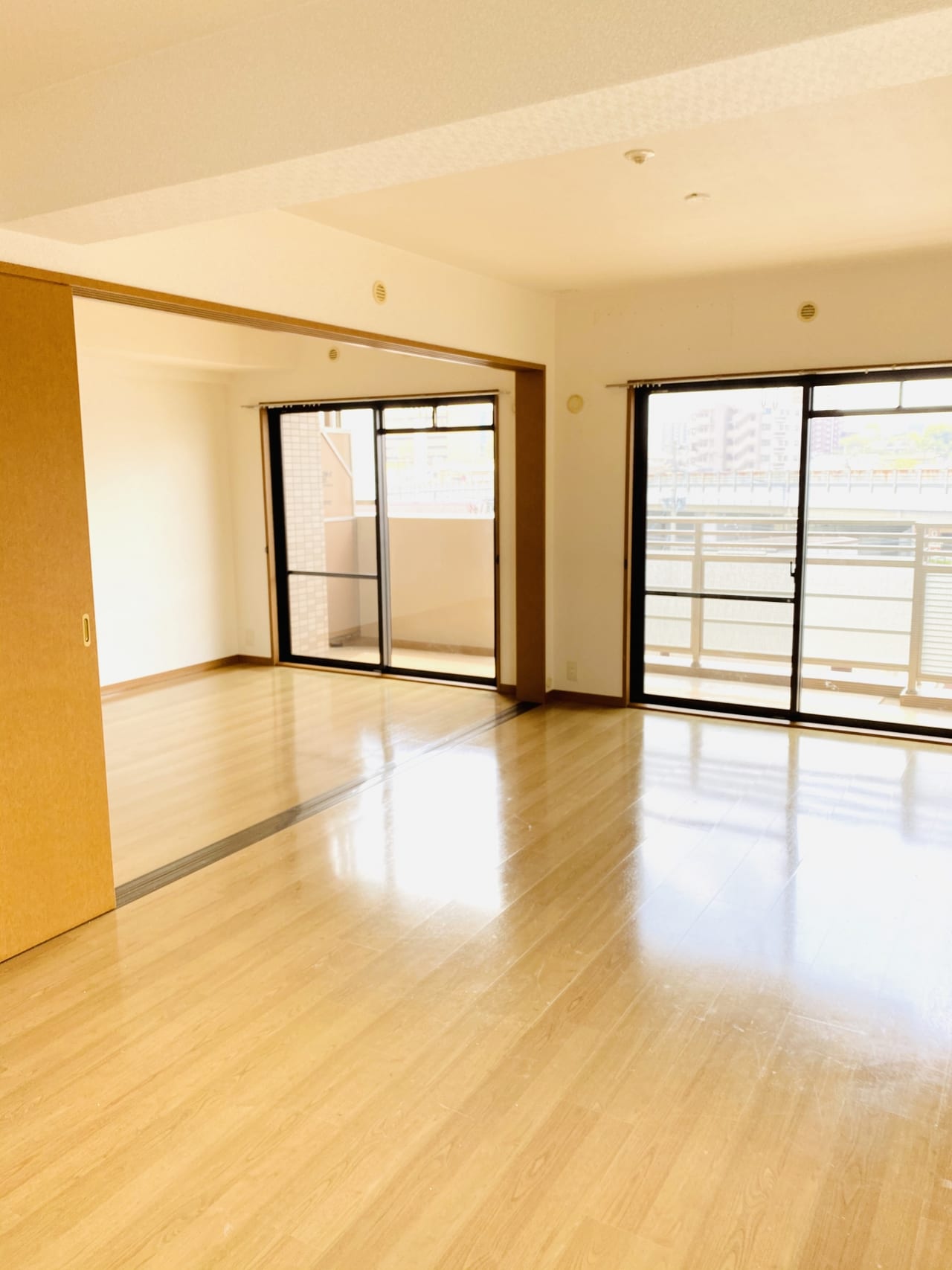
Check the garbage collection setups in your region
In Japan, they take waste management seriously. You have to sort your garbage properly before taking it out to the designated garbage dump. The common sorting categories are burnable, nonburnable, pet bottles, cans, and electronic wastes. Some cities or wards may require you to use plastic bags designated by the ward office for each category. They typically also have predefined schedules for garbage collection. Make sure you check and follow those setups.
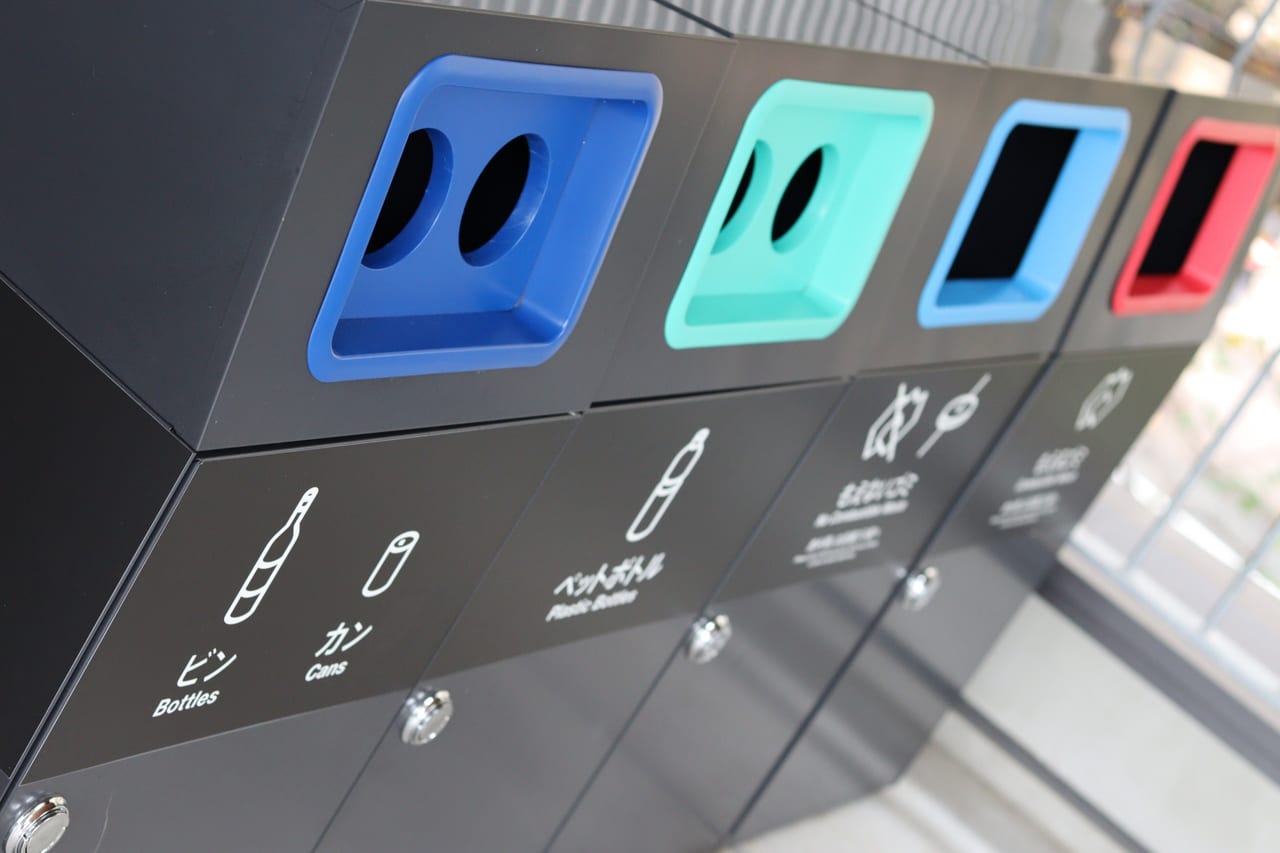
Watch out for pollinosis in early spring and autumn
Pollinosis or pollen allergy is not a dangerous illness, but it can be quite troublesome at some level. It is common for Japanese people to get pollinosis in early spring (mid-February to April) or early autumn (end of September to early November). As for foreign residents, there are cases where they get pollinosis in their third or fourth years after coming to Japan. But, there is no harm in preparing some medicines before the pollinosis season comes into your first year. Tablet medicines and nasal sprays are available in every drug store throughout Japan.
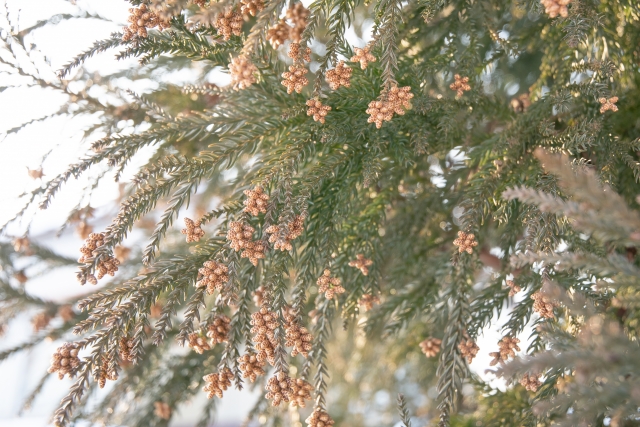
Prepare yourself for bugs’ invasion in summer!
The weather is getting warmer. The nights are getting shorter. You can hear the cicadas sing loudly, and finally, you can drop all of your jackets off. The sunny summer has come.
Before planning for a summer holiday, you might want to perform some actions to prevent bugs from coming to your living space. In Japan, bug problems in summer are inevitable to almost everyone. Mosquitos, ticks, centipedes, and cockroaches are the most commonly seen bugs, and they can come into your room through windows, drains, exhaust vents, and other slits.
From around early June, you would likely find anti-bug products in drug stores and supermarkets. They sell various forms of products such as anti-bug sprays, smoke bombs, bug traps, and electronic ultrasonic bug repellents. It is recommended to get some of those ready in your room before the bug season comes.
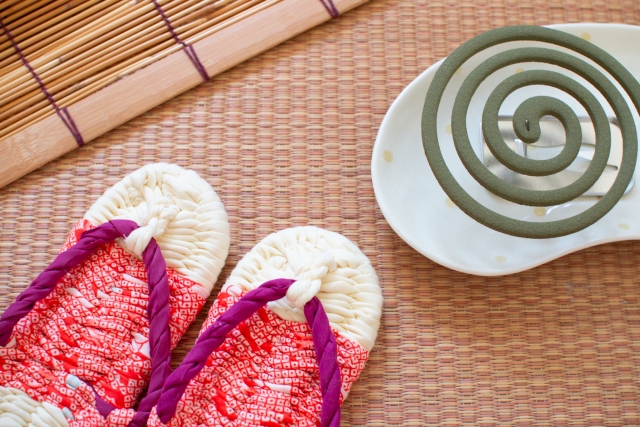
See Also
5 Things to Enjoy Summer in Japan When Everything Back to Normal
Muslim-Friendly Tour Enjoying Autumn in Kawaguchiko Lake!
For Muslims, be cautious of every snack you buy at a convenience store or supermarket
Lastly, while Japanese snacks with their cute packages look very tempting, most of them are not Muslim friendly. Some Muslims may think that as long as there is no pork (ポーク or 豚肉 in Japanese) written on the ingredients, then the snack is safe to be eaten. Unfortunately, many snacks use pig-derived ingredients, but the details are not written, which is understandable because it does not concern most Japanese. For this reason, as a Muslim, you may want to avoid snacks that contain gelatin such as gummies, marshmallows, etc., since it is usually made from lard.
In addition, most snacks with salty or savory tastes contain pork extract or chicken/beef extract, which is considered haram (unless there is a halal logo on the package). We strongly recommend you check the ingredients of every snack you are going to buy carefully.
See Also
Identify Halal Products in Japan
Tips and Tricks to Find Halal Food in Japan
The “HALAL GOURMET JAPAN” Mobile App to find Halal Restaurants across Japan!
